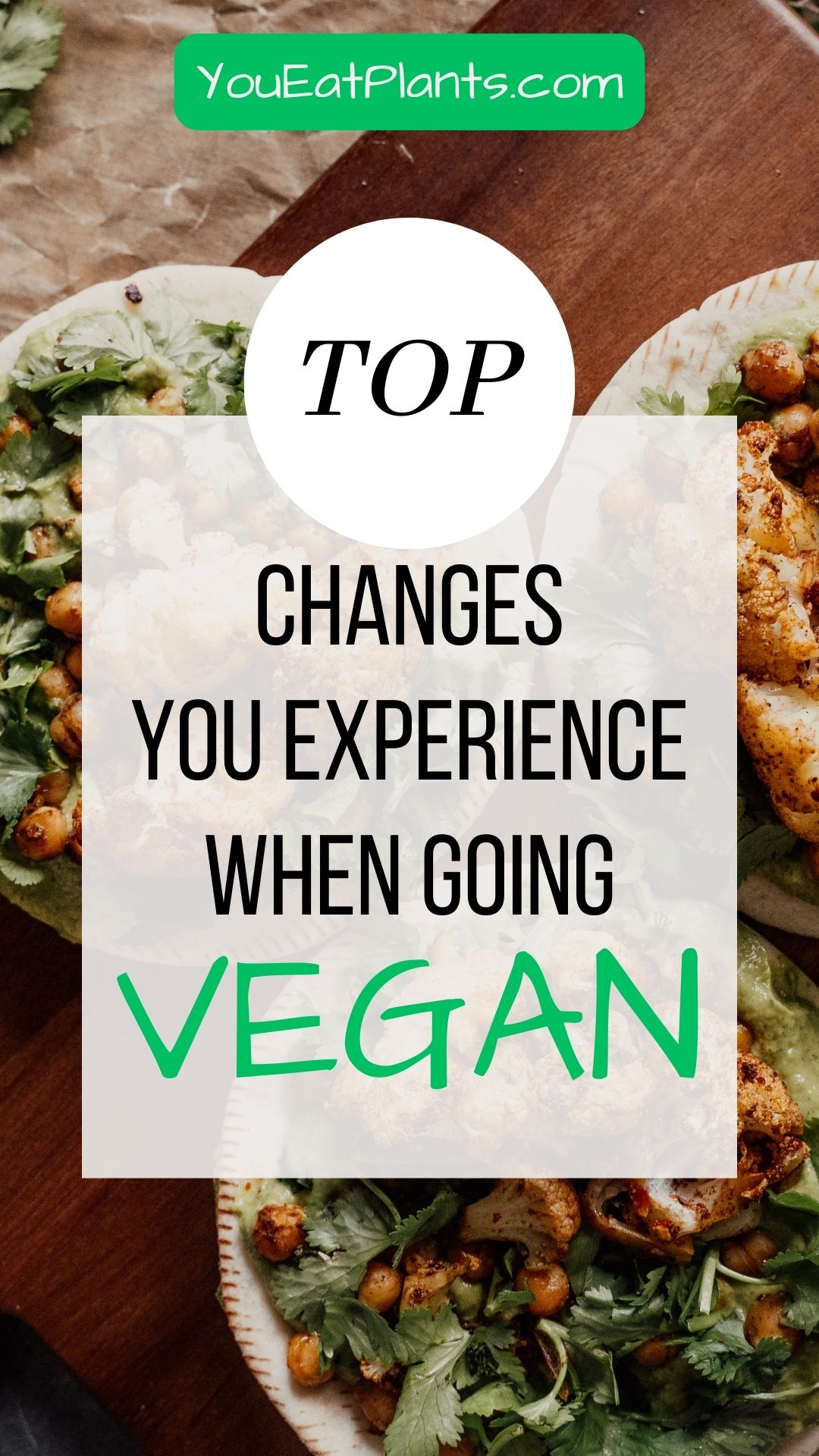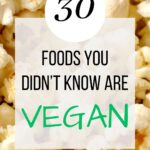
Switching to a vegan diet isn’t just about what you eat—it’s a whole lifestyle shift that can bring about changes in your body, mind, and the world around you. Let’s explore the journey of going vegan, including the benefits, challenges, and transformations you might experience along the way.
Physical Changes
First up, you’ll probably notice changes in what you’re eating. A vegan diet is packed with fiber, which is great for digestion and can help you feel full and manage your weight. You’ll also be getting plenty of vitamins and minerals like C and E, magnesium, potassium, folate, and phytochemicals, which are all super good for you.
However, there are some nutrients you’ll need to keep an eye on. Vitamin B12 is essential for nerve function and making red blood cells, but it’s mostly found in animal products. So, you’ll need to get it from fortified foods or supplements.
Iron is another one; the type of iron in plants isn’t absorbed as well by your body as the iron in meat. Eating iron-rich plant foods like lentils and chickpeas with vitamin C can help. Calcium and vitamin D, which are important for bones, can be found in fortified plant milks, tofu, and leafy greens.
Omega-3 fatty acids, good for your heart and brain, can come from flaxseeds, chia seeds, walnuts, and algae-based supplements.
Many people lose weight when they go vegan because they’re eating more fiber and fewer calorie-dense animal products. Vegans often have lower BMIs and feel fuller on fewer calories, thanks to all the fiber.
Your heart will thank you, too. Vegan diets are low in saturated fats and cholesterol, which can lower bad cholesterol levels. Eating lots of fruits, veggies, whole grains, and nuts can also help lower blood pressure.
Your digestion will get a boost from all the fiber, keeping things moving smoothly and feeding the good bacteria in your gut.
Surprisingly, athletes can do really well on a vegan diet. They often find they recover faster from workouts because plant-based foods reduce inflammation. Plus, complex carbs from whole grains and legumes provide steady energy.
Mental and Emotional Changes
A lot of people report feeling mentally sharper and more focused after going vegan. This might be because plant-based diets help keep blood sugar levels steady, preventing those energy crashes that can mess with your focus. Reduced inflammation from eating plants can also be good for your brain.
Your mood might improve, too. Fruits and vegetables are rich in nutrients like magnesium and antioxidants that boost your mood. Some studies even suggest that a vegan diet can reduce symptoms of depression and anxiety, possibly because it cuts out certain hormones and antibiotics found in animal products.
On an ethical level, going vegan can make you feel good about aligning your actions with your values. Knowing that you’re reducing harm to animals and helping the environment can give you a sense of satisfaction and purpose.
Environmental and Lifestyle Changes
One big reason people go vegan is to help the environment. Plant-based diets use fewer resources and produce fewer greenhouse gases compared to animal-based diets. Growing plants for food takes less water and land than raising animals, making it a more sustainable choice.
You’ll likely have to adjust some of your social and cultural habits. Finding vegan options when eating out can be tricky, but it’s getting easier as more restaurants add plant-based dishes. Social events like family gatherings or parties might require some planning and communication to ensure there are vegan-friendly options.
Cooking and eating habits will change, too. You’ll discover new foods, cuisines, and cooking techniques, which can be really fun. Many vegans end up cooking more at home, getting more connected to their food and more aware of what they’re eating.
Tips for a Smooth Transition
To make the switch to a vegan diet easier, start by learning about the nutritional needs and how to meet them with plant-based foods. Plan your meals to ensure they’re balanced and varied. Transition gradually, maybe by doing Meatless Mondays or slowly adding more plant-based meals. Joining vegan communities, both online and offline, can offer support and inspiration. And remember, it’s okay to make mistakes. Flexibility is key—perfection isn’t the goal.
Final Thoughts
Going vegan is a big change that can lead to significant physical, mental, and environmental benefits. From improved health and mood to a stronger sense of ethical fulfillment, the perks of a vegan diet are diverse and rewarding.
By understanding the potential challenges and taking proactive steps to address them, you can embark on this transformative journey with confidence and excitement. Whether your motivation is health, ethics, or the environment, adopting a vegan diet can lead to a more mindful, compassionate, and sustainable lifestyle.
Lance has been passionate about the plant-based diet and we have been following a whole food plant-based diet for over 5 years. We focus on health, natural healing, weight management, animal rights, and the health of the planet and environment by focusing on whole plant-based foods and sustainable practices.
Learn more at the About Me page and follow on social media at the links below.





